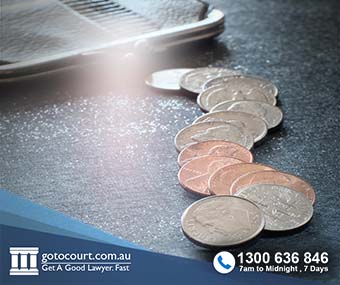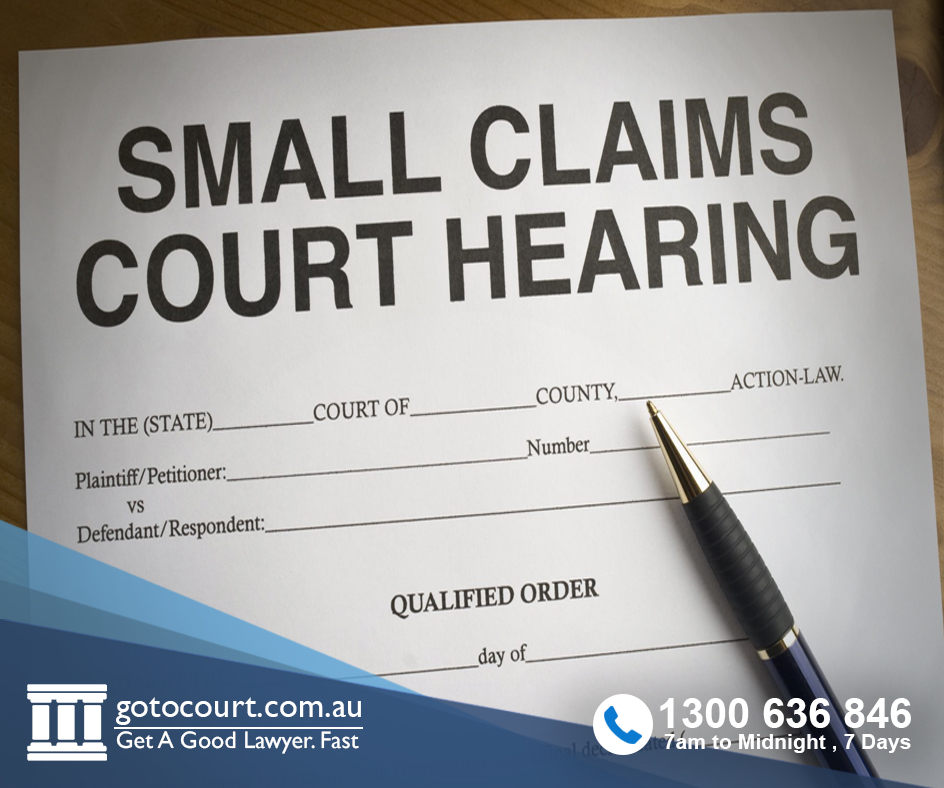Getting a Costs Order (NSW)
Getting a Costs Order (NSW)
A costs order is an order made by the court setting out who must pay the legal costs associated with the proceedings. Costs orders are regulated by statute and court rules. The most commonly used statutory provisions relating to costs orders are contained in the Civil Procedure Act 2005 and the Uniform Civil Procedure Rules 2005. However, there are statutory provisions with respect to costs orders within multiple other pieces of legislation.
Who decides costs orders?
The Judge or Magistrate is responsible for deciding whether a costs order is appropriate. The parties to proceedings do not decide who is or is not entitled to costs.
When considering the appropriate costs order, the court is required to decide on the facts of the case and with regard to any specific costs provisions that apply to the matter. This process is often complicated. The court will be required to consider the law in detail as well as the conduct of parties throughout the proceeding.
The court has the discretion to consider cost orders, which is unfettered unless a specific statutory provision applies. Having said this, the Civil Procedure Act ensures that cost orders are made on a principled basis and adhere to principles of proportionality.
Applying for a costs order
For a costs order to be made, one or both parties need to make an application for a costs order. However, a determination with respect to a costs order can be made by the Judge or Magistrate at various times throughout proceedings. This does not necessarily need to be made at the time a party brings an application for a costs order.
Costs orders can also be reserved by the court until a later stage in proceedings. More commonly, costs orders are considered after a party files evidence and makes submissions to the court with respect to why costs may or may not be appropriate at the conclusion of a hearing.
When will a costs order be made?
There are several stages throughout the course of court proceedings when costs orders are commonly made. These are:
- At the commencement of the litigation
- Following final determination of an issue of law before completion of the hearing
- Notices of Motion and applications for interlocutory relief
- When the trial is adjourned or aborted
- At or after the hearing, and pending appeal
- On appeal
Costs follow the event
Should a party be successful upon the conclusion of a hearing, the general rule is that costs follow the event. In other words, the successful party can usually expect to be awarded costs against the unsuccessful party.
Common law understands costs orders as necessary to adequately compensate the successful party for their expenses during the course of the litigation rather than to punish the unsuccessful party. However, the party against which a costs order is made can apply to have those costs re-assessed by the Supreme Court.
Bearing this in mind, costs can be limited in substance, determinative factors and regulation, especially where cost orders are considered excessive.
Types of costs orders
There are several types of costs orders that a court can make. The most common of these are party/party costs and solicitor/client costs.
Party/party costs
Party/party costs are ordered when the successful party is awarded costs on the basis that it should be compensated for having to defend its rights by means of litigation. This is the most common type of costs order made by courts and is also referred to as ‘costs on the ordinary basis’. A party that is successful in getting a costs order on a party/party basis in its favour will generally have about 75% of the total costs it has incurred paid by the other party.
Indemnity costs
Indemnity costs are ordered when something about the way the proceedings have been conducted means that one party should pay almost all the costs. This may occur where one party has proceeded with litigation where they had no real chance of success, or where a party has deliberately drawn out the proceedings or otherwise abused the process. They may also be ordered against a party which refused to accept a reasonable offer to settle made by the other side. When indemnity costs are ordered the unsuccessful party must pay all of the other party’s costs.
Other legislation relating to costs orders
In addition to the Civil Procedure Act 2005 and the Uniform Civil Procedure Rules 2005, there are numerous other pieces of legislation that contain provisions relating to costs orders. These provisions are:
- Children and Young Persons (Care and Protection) Act 1998, s 88
- Civil and Administrative Tribunal Act 2013 ss 53, 60
- Defamation Act 2005 (NSW) s 40
- Family Law Act 1975 (Cth) s 117(2)
- Legal Profession Act 2004, ss 337, 338, 340, 348, 364, 366
- Legal Profession Uniform Law Application Act 2014
- Legal Profession Regulation 2005, cl 112, Sch 2
- Limitation Act 1969
- Motor Accidents Compensation Act 1999, Ch 6
- Property (Relationships) Act 1984
- Succession Act 2006, s 99
- Workers Compensation Regulation 2003, Sch 7
- Workplace Injury Management and Workers Compensation Act 1998, ss 250, s346
If you require legal advice or representation in any legal matter, please contact Go To Court Lawyers.

Affordable Lawyers
Our Go To Court Lawyers will assist you in all areas of law. We specialise in providing legal advice urgently – at the time when you need it most. If you need a lawyer right now, today, we can help you – no matter where you are in Australia.How It Works




1. You speak directly to a lawyer
When you call the Go To Court Legal Hotline, you will be connected directly to a lawyer, every time.

2. Get your legal situation assessed
We determine the best way forward in your legal matter, free of charge. If you want to go ahead and book a face-to-face appointment, we will connect you with a specialist in your local area.

3. We arrange everything as needed
If you want to go ahead and book a fact-to-face appointment, we will connect you with a specialist in your local area no matter where you are and even at very short notice.













